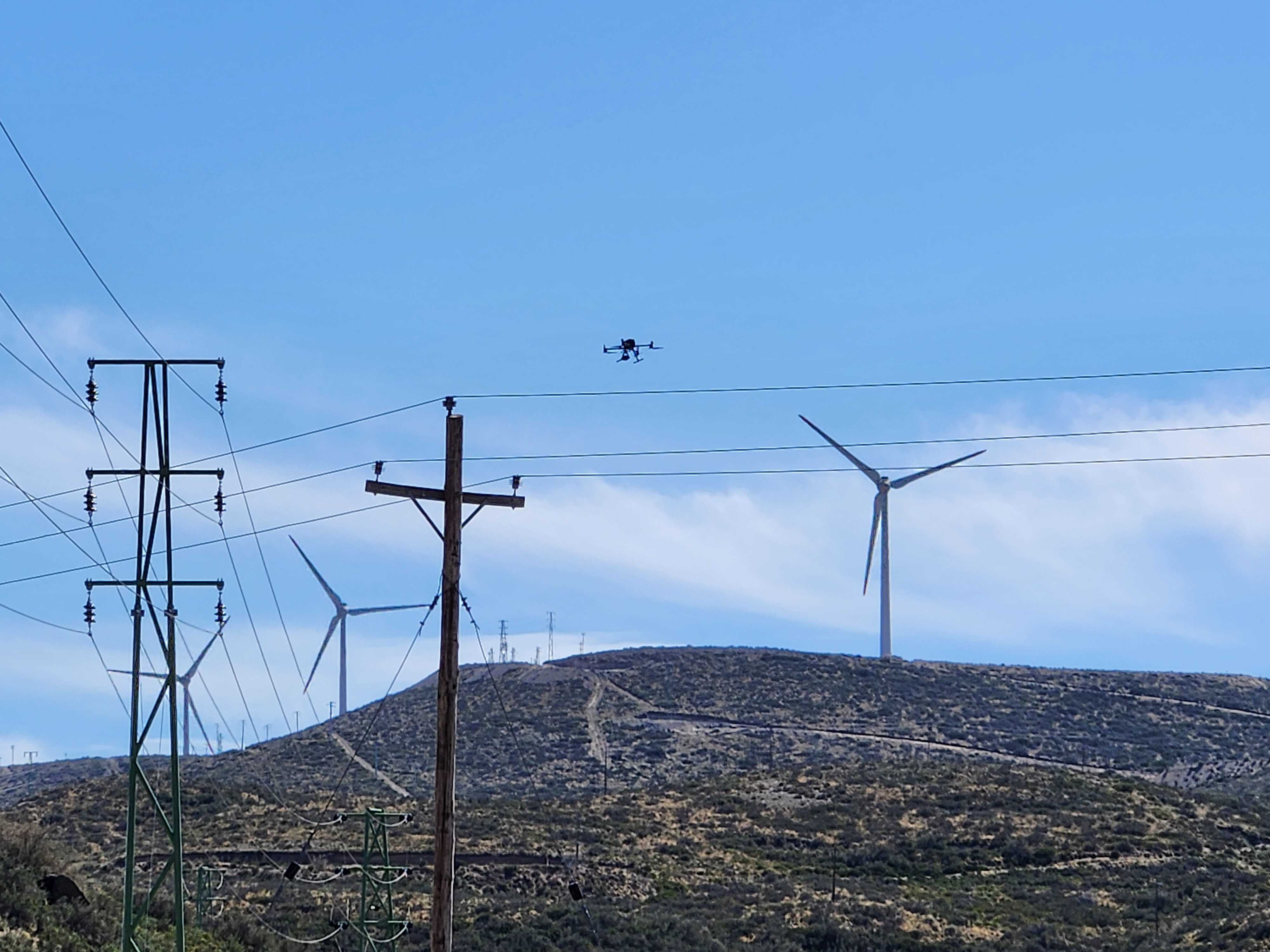News
The Role of Oil Companies in sustainability and their transition towards environmental care
In a world where environmental awareness is constantly on the rise, the oil industry faces a critical challenge: reconciling its business activities with environmental preservation.

Although historically associated with pollution and the depletion of natural resources, oil companies have the opportunity to change this perception and play a crucial role in environmental protection. We explore how oil companies can actively contribute to environmental care and promote sustainability.
Technological Innovation:
Oil companies can lead the way in researching and developing clean technologies. From detecting fugitive methane gas emissions to improving less invasive extraction methods, innovation can radically transform how the industry interacts with the environment. Sharing these advancements with other companies and sectors can generate an even greater impact.
Energy Efficiency:
Reducing energy consumption in all phases of production is essential. Oil companies can implement more efficient practices in extraction, refining, transportation, and product distribution. Additionally, adopting stricter efficiency standards can save costs and reduce the environmental footprint. Responsible oil companies, like Shell, work in collaboration with Climate Tech companies such as Uali to achieve their energy efficiency and environmental responsibility goals.
"Sustainability is about supplying energy in a responsible way to meet the growing needs of the world's population. Innovation and technology are crucial to delivering a broader and more sustainable mix of energy resources." - Shell
Transparency:
Oil companies that are more transparent about their practices often have a lower environmental impact. Transparency in measures taken to improve their practices can include the publication of reports on emissions, water consumption, or other steps taken to reduce them, sharing their genuine commitment to sustainability.
Companies like Shell have embraced transparency in the sector by providing reports and detailed accounts of the evolution of their commitment to environmental impact and sustainability. These allow stakeholders to assess the company's progress and efforts toward sustainability.
Commitment to Carbon Neutrality:
Shell has worked alongside Uali to address the need for a real-time monitoring service of fugitive gas emissions to schedule equipment repair routines from a single georeferenced information platform. Simultaneously, we collaborate to provide a methane gas leak quantification monitoring service to focus on reduction plans.
In line with the growing urgency to address global carbon emissions, Shell has committed to achieving net-zero carbon emissions by 2050. Their progress achieved by 2022 equals a 30% reduction in carbon emissions compared to 2016, a significant milestone toward their 50% reduction goal for 2030.
Ecosystem Conservation:
Oil companies can take responsibility for preserving the ecosystems where they operate. This means not only complying with environmental regulations but going beyond to protect local biodiversity and restore areas affected by oil activities.
Transition to Renewable Energy:
One of the most significant steps oil companies can take is investing in renewable energy. Diversifying their energy portfolio will not only reduce their environmental impact but also position them for a future where dependence on fossil fuels will decrease. Investing in technologies such as solar, wind, and hydroelectric power demonstrates a real commitment to sustainability.
Investment in Local Communities:
Supporting sustainable development in communities near oil operations can be a powerful catalyst for change. Investments in education, health, infrastructure, and employment can improve people's quality of life and reduce pressure on natural resources.
Oil companies have the capacity to play an active role in environmental protection. Through investment in renewable energy, the adoption of sustainable practices, and a constant pursuit of innovation, these companies can significantly contribute to the fight against climate change and the preservation of global ecosystems. The path to a more sustainable future can begin within the industry that was once considered an obstacle to sustainability.
At Uali, we support the energy transition by combining robotics, IoT, and AI to provide valuable and timely information that facilitates decision-making in asset management, saving time, costs, and significantly impacting the environment. Get to know us!
Ian Bogado
CEO


